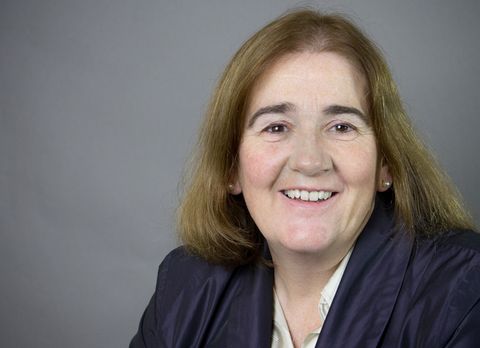The BMBF research project PERIVAL aims to develop a sustainable waste management system, in particular for recycling recyclable materials from household waste in the peri-urban fringe district of North Beijing in the city of Zhaoquanying (ZQY). The focus is to create value from the previously unused organic waste and plastics that were conventionally treated at the incinerator in the district.
The team of employees led by Prof. Dr.-Ing. Susanne Hartard at the Environmental Campus Birkenfeld of Trier University of Applied Sciences has taken over the joint management. In cooperation with the University of Rostock (Prof. Dr.-Ing. Michael Nelles), work was carried out in two sub-projects, focusing on value creation from organic waste and from mixed plastic waste.
In the definition phase, municipal prerequisites of separate collection as well as methods were developed, which take into account eco-industrial synergy effects (e.g. heat utilization for greenhouse crops or public facility, biogas production. etc.) and cooperation possibilities with disposal companies/stakeholders in the Shunyi district when searching for a location for organic waste treatment and recyclable material sorting plant.
Based on the household waste analysis, collection of additional data through site visits and interviews, and estimation of additional waste volume data, the biomass potential from organic waste was calculated in the definition phase. The site planning of the planned biogas/composting plant was successfully completed considering eco-industrial potentials in the intensive horticulture of Beilangzhong district.
The study, completed in December 2020, presents in detail the value potential of the waste generated in ZQY city:
The overall composition of waste in ZQY and its chemical properties indicate that composting and biogas production is an economical and sustainable alternative to recycling waste generated in ZQY. The conversion of organic waste in ZQY can bring significant economic, environmental and social benefits, and has great potential for the development of sustainable waste management in ZQY as well as a local contribution to climate change mitigation by promoting a low-carbon circular economy. The final report in Chinese was handed over to the city of Zhaoquanying.
The present results have great potential to serve as a basis for municipal decision makers to invest in a local biomass center and to act as a model study for the analysis of waste value potential in peri-urban settlement areas. Publications in international journals are in preparation.
| Consortium | Trier University of Applied Sciences (Environmental Campus Birkenfeld), University of Rostock (Faculty of Agricultural and Environmental Sciences, Prof. Dr. mont Michael Nelles), Municipality China Zhaoquanying Town - Beijing (Shunyi District) |
| Duration | February 2019 - December 2020 |
| Funded by | German Federal Ministry of Education and Research in the program "Sustainable Development of Urban Regions |
| Funding amount | 371.610,05 € |

![[Translate to Englisch:] Logo des BMBF](/fileadmin/_processed_/9/4/csm_BMBF-Logo_3ab76a89cc.webp)
You are leaving the official website of Trier University of Applied Sciences